-
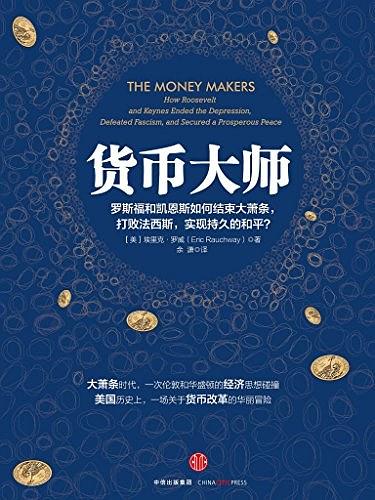
货币大师
《货币大师》一书,是第一本探讨大萧条期间,罗斯福如何借鉴凯恩斯的经济学思想渡过难关,创造持久和平的著作。本书意义在于将两位历史名人(政治家和经济学家)放在一本书中论述,并将其思想精髓用史学家的视角给予评判,全书既有经济史上的重要货币政策的来龙去脉的剖析,也有历史上重大事件的记录与回顾,是一本对大萧条、罗斯福与凯恩斯有独特解读视角的著作。
在《货币大师》一书中,作者埃里克·罗威以其流畅的文笔为读者讲述了一个引人入胜的故事:在上世纪30年代里,罗斯福总统以英国经济学家约翰·梅纳德·凯恩斯的货币政策主张为指引,合理调动手中的政策工具,成功战胜了美国经济当时面临的最大威胁:通货紧缩。为了拯救持续衰退的国内经济,罗斯福总统与他的经济政策顾问们充分运用货币政策杠杆;通过一系列的货币政策改革举措,美国经济不仅走出了大萧条,还开启了一段史无前例的长久的经济繁荣时期。也正是在此期间,美国一跃成为统领世界的超级强国。
-
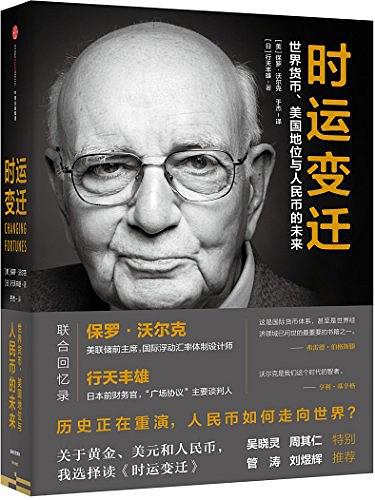
时运变迁
美国战后经济地位的奠基人之一、“最伟大的联储主席”沃尔克,和日本前大藏省国际金融局长行天丰雄,携手回顾世界货币体系的演变历程。曾经的艰难抉择,误判和教训,各自对未来做出的判断和展望...这些无疑是当下中国读者最佳的向导,而且无可替代。
与旧版相比,新版增加了沃尔克对08年世界金融危机的解读,以及行天丰雄根据日元发展历史,为中国和人民币的走向所提出的诚恳建议,尤其具有参考价值。
-
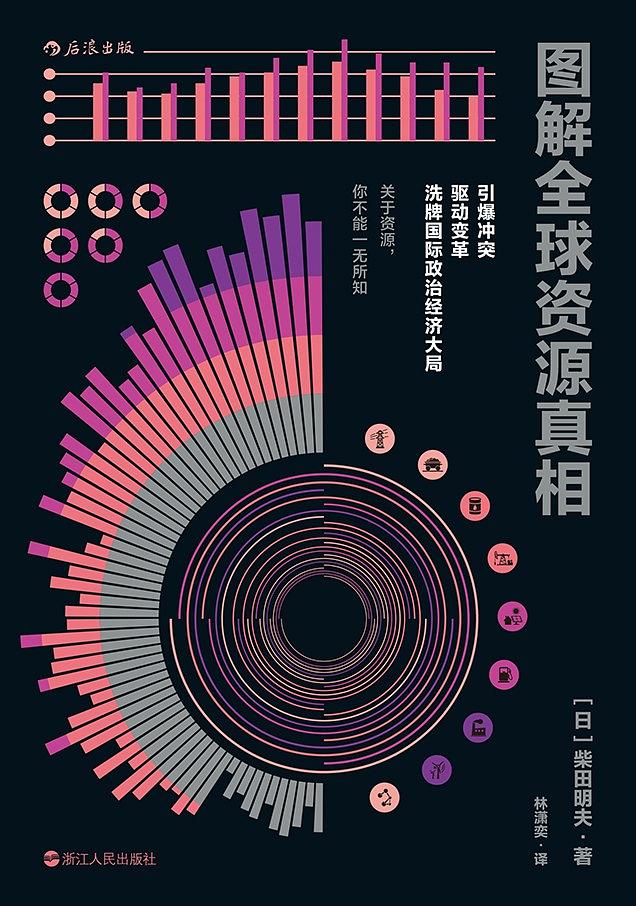
图解全球资源真相
俯察全球资源版图
洞悉未来发展的可能
...................
※编辑推荐※
★全景式扫描全球资源状况,透视石油、煤炭、金属、水、森林等一系列资源的现状与未来,解析相关科技发展及地缘政治变动。
★有40年资源研究经验的日本政府智囊,用50余张图表展示资源常识,权威性与通俗性并重。
...................
※内容简介※
手机、电脑、汽车已渐渐成为你我生活中的必需品,生产它们需要哪些稀有金属?中国经济发展是否遭遇了资源瓶颈?石油的可开采年限就只有40 年,之后人类怎么办?
小到个人生活,大到国家的发展乃至整个人类的存续,都离不开资源。在资源储量不断缩减、价格不断提升、新能源尚待开发的当下,全球资源现状就成了看懂世界未来局势、投资理财必须具备的关键常识。
本书是对全球资源状况的全景式扫描,用50 余张图表,一目了然地展示出石油、矿产、水、谷物、森林等资源的蕴藏量、消费量、价格波动及发展趋势。诚然,资源不只是需求,还意味着权力。本书并不止于资料的铺陈与堆砌,更重要的是力图用简单易懂的语言揭示出数据背后的国际政治经济内涵与科技变革先机。相信读完此书,读者可以瞬间获得纵观全局的广阔视野。
-
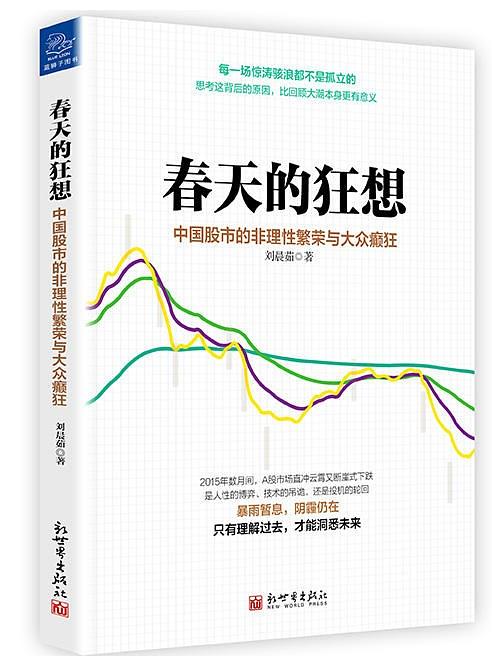
春天的狂想
证券市场成为当今中国经济市场的重要领域,其间每一个波动都牵动着国人的心。2015年6月至8月,中国股票市场经历了有史以来规模最大、涉及面最广、损失最重的一场股灾。先后两轮暴跌使市场迅速陷入极大的恐慌和难以阻挡的大面积踩踏之中。中国证券市场为何会呈现如今的现象?这背后是否有历史原因?
本书完整记录了2015年中国A股市场的股灾始末,并从金融学、心理学、传播学、社会学等多个角度,追溯中国股市的前世今生,深层揭示了引发股灾的一系列缘由。
-

台灣戰後經濟發展的源起
台灣在戰後持續了數十年的快速經濟成長,
發展成績與南韓並居後進國之首。
瞿宛文專論《台灣戰後經濟發展的源起》探討造就這優異績效的原因,
挑戰了當今台灣社會的主流論述。
就「如何做到」而言,主流的自由市場理論實難以提供合理解釋,關鍵因素確如對該學派採批判立場的結構學派所言,是國府在有利的客觀條件配合下,在當時採取了符合時宜的經濟與產業政策。再則,日本殖民遺產與美國的援助,雖提供了重要有利條件,但僅為輔助性角色,無法在戰後「自然地」帶來工業化。
《台灣戰後經濟發展的源起:後進發展的為何與如何》採取歷史性角度,探究了「發展動力」層面,認為百年來救亡圖存追求現代化的民族動力,高度提升了國府經濟與產業政策的品質,並促使國府施行土地改革並著重社會公平。然而這歷史條件也隱含了這發展模式的局限,影響至今。
《台灣戰後經濟發展的源起》一書希望藉由此研究促進對台灣經濟如何進一步發展的討論,同時對後進發展理論做出貢獻。
-
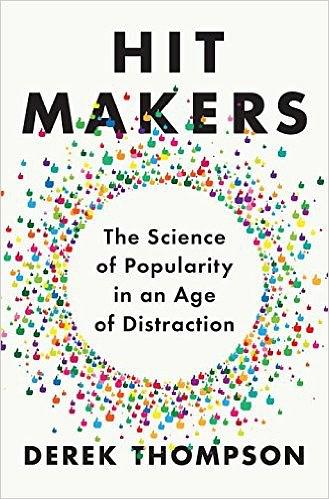
Hit Makers
Nothing “goes viral.” If you think a popular movie, song, or app came out of nowhere to become a word-of-mouth success in today’s crowded media environment, you’re missing the real story. Each blockbuster has a secret history—of power, influence, dark broadcasters, and passionate cults that turn some new products into cultural phenomena. Even the most brilliant ideas wither in obscurity if they fail to connect with the right network, and the consumers that matter most aren't the early adopters, but rather their friends, followers, and imitators -- the audience of your audience.
In his groundbreaking investigation, Atlantic senior editor Derek Thompson uncovers the hidden psychology of why we like what we like and reveals the economics of cultural markets that invisibly shape our lives. Shattering the sentimental myths of hit-making that dominate pop culture and business, Thompson shows quality is insufficient for success, nobody has "good taste," and some of the most popular products in history were one bad break away from utter failure. It may be a new world, but there are some enduring truths to what audiences and consumers want. People love a familiar surprise: a product that is bold, yet sneakily recognizable.
Every business, every artist, every person looking to promote themselves and their work wants to know what makes some works so successful while others disappear. Hit Makers is a magical mystery tour through the last century of pop culture blockbusters and the most valuable currency of the twenty-first century—people’s attention.
From the dawn of impressionist art to the future of Facebook, from small Etsy designers to the origin of Star Wars, Derek Thompson leaves no pet rock unturned to tell the fascinating story of how culture happens and why things become popular.
In Hit Makers, Derek Thompson investigates:
· The secret link between ESPN's sticky programming and the The Weeknd's catchy choruses
· Why Facebook is the world’s most important modern newspaper
· How advertising critics predicted Donald Trump
· The 5th grader who accidentally launched "Rock Around the Clock," the biggest hit in rock and roll history
· How Barack Obama and his speechwriters think of themselves as songwriters
· How Disney conquered the world—but the future of hits belongs to savvy amateurs and individuals
· The French collector who accidentally created the Impressionist canon
· Quantitative evidence that the biggest music hits aren’t always the best
· Why almost all Hollywood blockbusters are sequels, reboots, and adaptations
· Why one year--1991--is responsible for the way pop music sounds today
· Why another year --1932--created the business model of film
· How data scientists proved that “going viral” is a myth
· How 19th century immigration patterns explain the most heard song in the Western Hemisphere